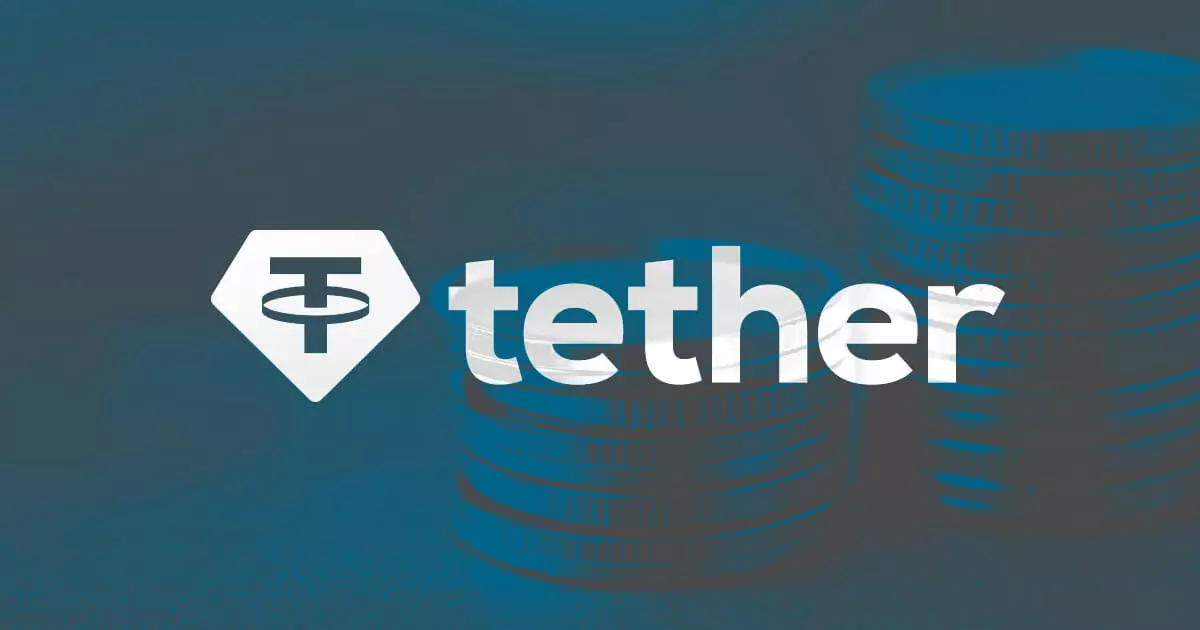In recent weeks, Tether, a prominent player in the cryptocurrency space, found itself in the crosshairs of media scrutiny following a report suggesting that the firm is under investigation by federal authorities in the United States. Paolo Ardoino, Tether’s CEO, promptly countered these claims, stating that the Wall Street Journal was merely “regurgitating old noise.” His strong statement reflects a broader concern in the crypto industry regarding the dissemination of information that could impact investor confidence and market stability.
Addressing Accusations of Irresponsibility
Tether’s official rebuttal to the article highlights a critical point regarding the nature of reporting, especially in the fast-evolving financial technology sector. The firm accused the Wall Street Journal of engaging in “irresponsible reporting,” emphasizing that such claims are built on “pure rank speculation.” By asserting their lack of knowledge regarding any ongoing investigations, Tether calls attention to the need for journalistic integrity, particularly when it comes to allegations that could disrupt business operations and affect stakeholders involved with its stablecoin, USDT.
Interestingly, the timing of these investigative claims coincides with Tether’s recent public commitments to collaborate with law enforcement agencies. In September, the firm announced the launch of an External Investigations Unit comprised of seasoned professionals from law enforcement and forensic backgrounds. This initiative underlines Tether’s proactive approach to enhancing compliance within the cryptocurrency ecosystem and its willingness to collaborate with authorities, presenting a stark contrast to the negative implications suggested by the investigative rumors.
It is essential for both the media and the public to critically assess the basis of any investigative allegations. Tether has made clear that it has taken substantial steps to mitigate risks associated with illicit activities within the cryptocurrency space. Reportedly, the company has supported around 180 law enforcement agencies across 45 jurisdictions by freezing more than 1,850 wallets linked to criminal activities, recovering nearly $114 million, and preemptively blocking $225 million before legal orders were issued. These statistics portray Tether not as a company shrouded in controversy but as an entity committed to addressing misuse of its platform.
The unfolding situation with Tether serves as a cautionary tale about the repercussions of sensationalist journalism in the fast-paced world of cryptocurrency. Both the media and stakeholders should strive for accurate representation, especially when discussing substantial claims that can lead to significant ramifications within the industry. As the crypto landscape continues to mature, fostering a culture of transparency and accountability remains imperative for the trust and stability of this innovative financial sector. Tether’s resolute stance may be a lesson for others in the industry to uphold the principles of integrity and diligence in both business practices and representation in the media.

